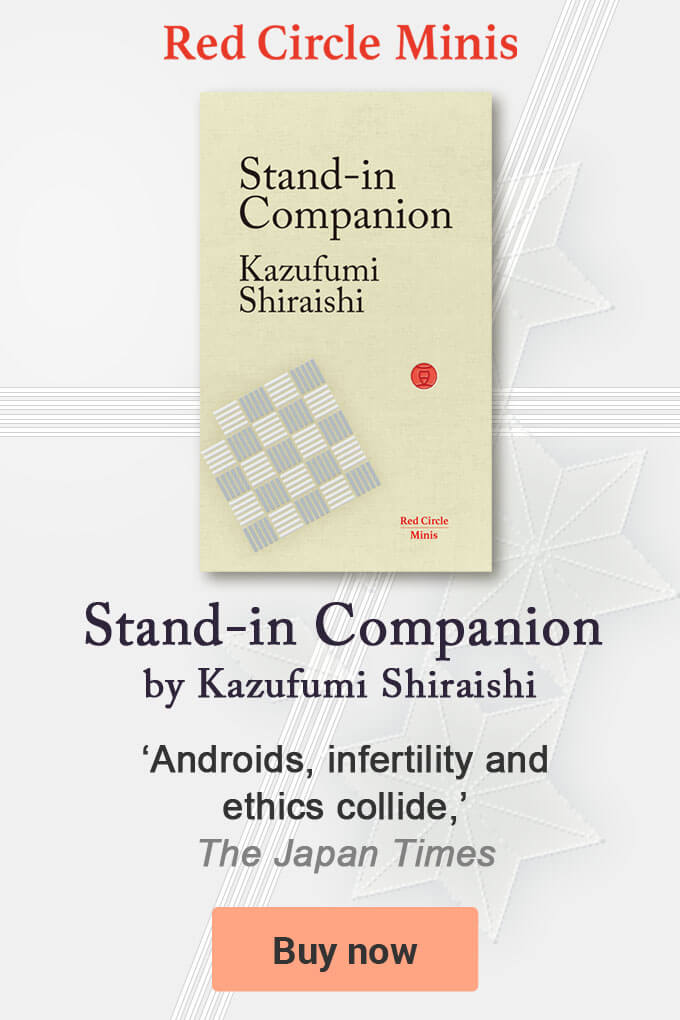In 1904, Kiyoshi Kawakami (1873-1949), a Japanese journalist based in Seattle, wrote a book titled Japan and the Japanese, where he looked back and summarised how Western writers had opined on and written about Japan.
He explained his objective as: “I had read a considerable number of books and review articles by foreign writers on various topics connected with Japanese life. It then occurred to me that a compilation of the views of some of the representative foreign writers on Japan would be of great interest as well as benefit to the reading public, especially to younger readers at home.”
Kawakami includes extracts from writers such as Lafcadio Hearn (1850-1904), Sir Edwin Arnold (1832-1904), Isabella Bird (1831-1904), Captain Brinkley (1841-1912), Pierre Loti (1850-1923) and others in his book.
Japan and the Japanese includes topics and headlines such as:
The Most Paradoxical Race, The Virtue of the Japanese Woman, Frauds and Tricks of Trade, New Japan: The Schoolmaster of Asia, Lack of Imaginative Power in The Japanese Poet, The Japanese Girl, Indifference to Nudity, Self-Inflicted Ugliness of Japanese Women, First Impressions of Japan, Japanese Cultivation not Civilisation, The Characteristic Peculiarity of Japanese Servants, Foreign Costume as Worn by Japanese Men and Women, Frog-Poems in Japanese Literature, Why Japanese Merchants Lack Commercial Morality, Popular Misconceptions of Japan, Alleged Unchastity of the Japanese Women, Japan Old and New.
Below are some of Kawakami’s observations and comments:
“Are we complimented when such an author as this tells the world that Japan is peopled with dear giggling dolls, living in dear little miniature houses made of cardboard, and eating fairy food out of miniature dishes?
“Have we any reason to rejoice when a man like M. Pierre Loti seems to take Japan as a bright and fascinating freak of geography and ethnology? To be brief, Japan is or at least has been, in the eyes of most of her admirers, like an innocent sweet damsel to be petted and played with, and not like a strong man commanding the respect of all who come in contact with him.
“To a reader such as he I must explain that those foreigners who have studied and endeavored to understand Japan form a mere fraction as compared with the great mass among which prevails dense ignorance regarding things Japanese.
“The present war with Russia will no doubt greatly assist in introducing Japan to a vastly wider circle of foreign acquaintances and in doing away with many of the misunderstandings that have been preventing the Westerners from establishing a closer friendship with the greatest of all Oriental races.
“My labour will be more than rewarded if the foreign reader of this book lays hold of the fact that the Japanese of the new school do not care to be exploited for those old, quaint, and beautiful ‘ things Japanese:’ that they are something else than what they have been; while the Japanese reader bears in mind that upon his shoulders rest the grave responsibility of realizing the Greater Japan which is no longer the habitation of dear little weaklings.”
Kawakami wasn’t the only Japanese writer who felt obliged to write books in English about Japan and the Japanese.
In 1905, a Japanese aristocrat, Baron Suyematsu (1855-1920), educated at Cambridge University graduating with a law degree in 1884, for instance, also felt compelled to write books in English in what can surely be described as an early form of ‘myth-busting’ or ‘fake news’ management.
One of Suyematsu books was titled Fantasy of Far Japan or Summer Dream Dialogues. It was published, by Archibald Constable, in 1905 and he wrote a second book titled The Risen Sun.
Another famous and important similar example is Bushido: The Soul of Japan by Inazo Nitobe (1862-1933) who like many emerging Japanese authors of the period was from a samurai background. He was the son of a retainer of a daimyo (warlord).
Nitobe converted to Christianity and became a diplomat and international statesman. He wrote his famous essay on samurai ethics in English in 1900, before the books by Kawakami and Suyematsu were published.
Nitobe’s book had a major impact and influenced many including former US President Theodore Roosevelt (1858-1919), who reportedly bought copies for his friends.
By the early 1900s so many books had been published ‘Explaining Japan’ that one author felt compelled to write a book summarising them
[UPDATED: 3-22-2023]
© Red Circle Authors Limited
By the early 1900s so many books had been published ‘Explaining Japan’ that one author felt compelled to write a book summarising them
Posted by

